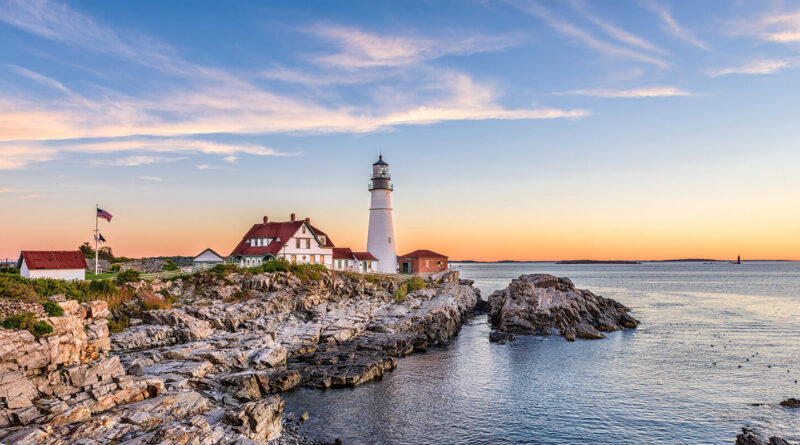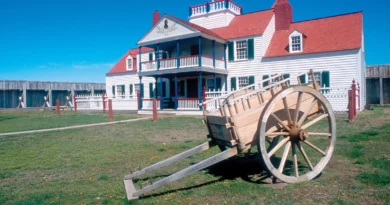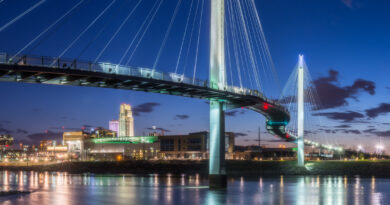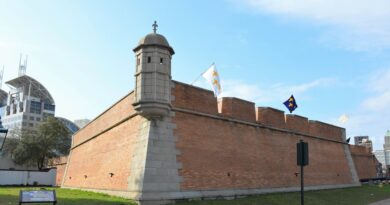History Of Portland Maine
Portland, Maine is a vibrant coastal city that boasts a rich history dating back centuries. From its early beginnings as a settlement for Native Americans and European colonizers to its role as a bustling port city and cultural hub, Portland has played a significant role in the history of the United States. In this article, we will explore the history of Portland, Maine, and the key events and figures that have shaped the city’s past.
The early history of Portland is tied to the Wabanaki people, who were the first to inhabit the area. The Wabanaki, a confederation of Native American tribes, lived in the region for thousands of years before the arrival of European colonizers. The area was also home to the Abenaki people, who were part of the Wabanaki Confederacy.
The first European to explore the Portland area was the English explorer, Martin Pring, who arrived in 1603. The region was then claimed by the French in 1604 and was named “Acadia.” In 1632, the British claimed the region, and it was renamed “New England.”
In the late 17th century, the settlement that would become Portland was established as a fishing and trading village by British colonizers. The city was officially incorporated in 1786 and named after the Duke of Portland, a British politician who was sympathetic to the American cause during the Revolutionary War.
Throughout the 19th century, Portland became a bustling port city and a center for shipbuilding and trade. The city’s natural harbor made it an ideal location for the shipping of goods, and it soon became one of the busiest ports on the East Coast. Portland was also a hub for the fishing industry and played a significant role in the transportation of goods to other parts of the country.
During the War of 1812, Portland was attacked by the British Navy and suffered significant damage. However, the city quickly recovered and continued to grow throughout the 19th century. The city’s growth led to the development of new industries, including shoe manufacturing, textiles, and rail transportation.
In the 20th century, Portland continued to thrive, and its economy diversified even further. The city became known for its arts and culture scene, and it attracted artists and writers from across the country. Portland was also at the forefront of the environmental movement, with its leaders advocating for conservation and sustainability long before these issues became mainstream.
Today, Portland is a thriving city with a population of over 66,000 people. The city is known for its picturesque waterfront, historic architecture, and vibrant arts and culture scene. It is home to numerous museums, art galleries, and theaters, as well as a diverse culinary scene that showcases the region’s rich seafood tradition.
The history of Portland, Maine, is a testament to the resilience and determination of its people. From its early days as a Native American settlement to its current status as a cultural and economic hub, Portland has played a significant role in shaping the history of the United States. Whether you’re a history buff, an art lover, or a foodie, Portland has something to offer everyone.
Discover more from City Towner
Subscribe to get the latest posts sent to your email.




